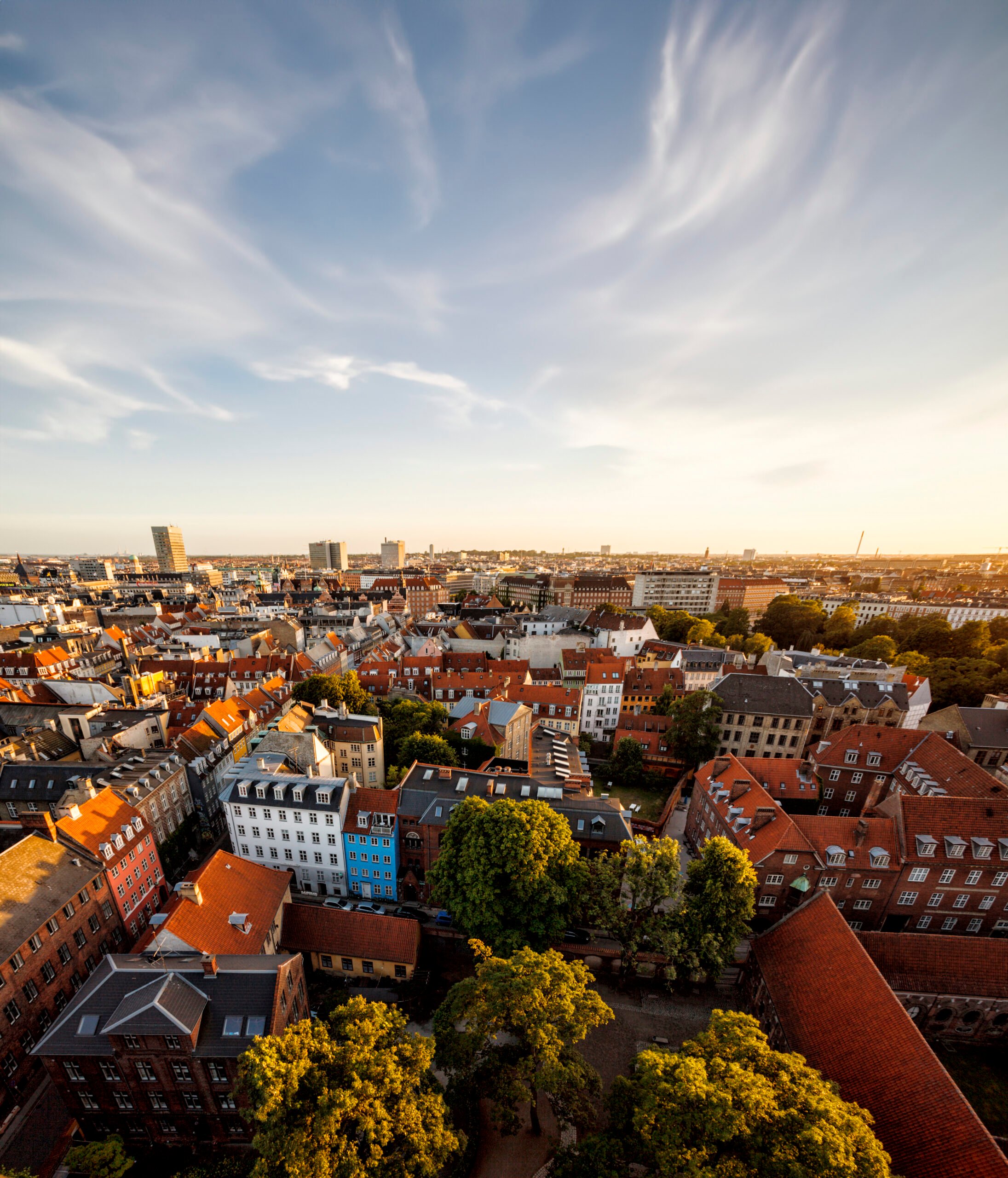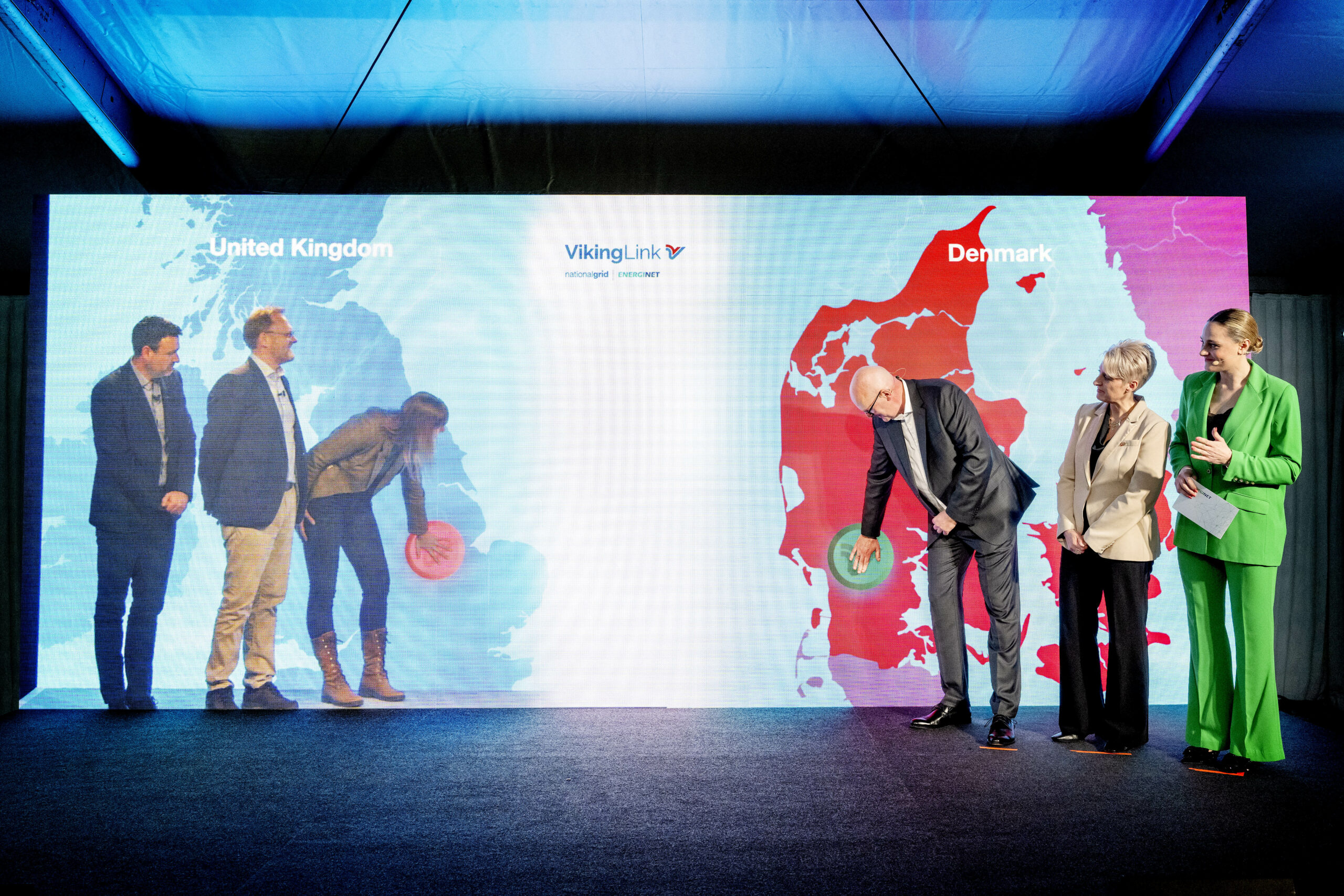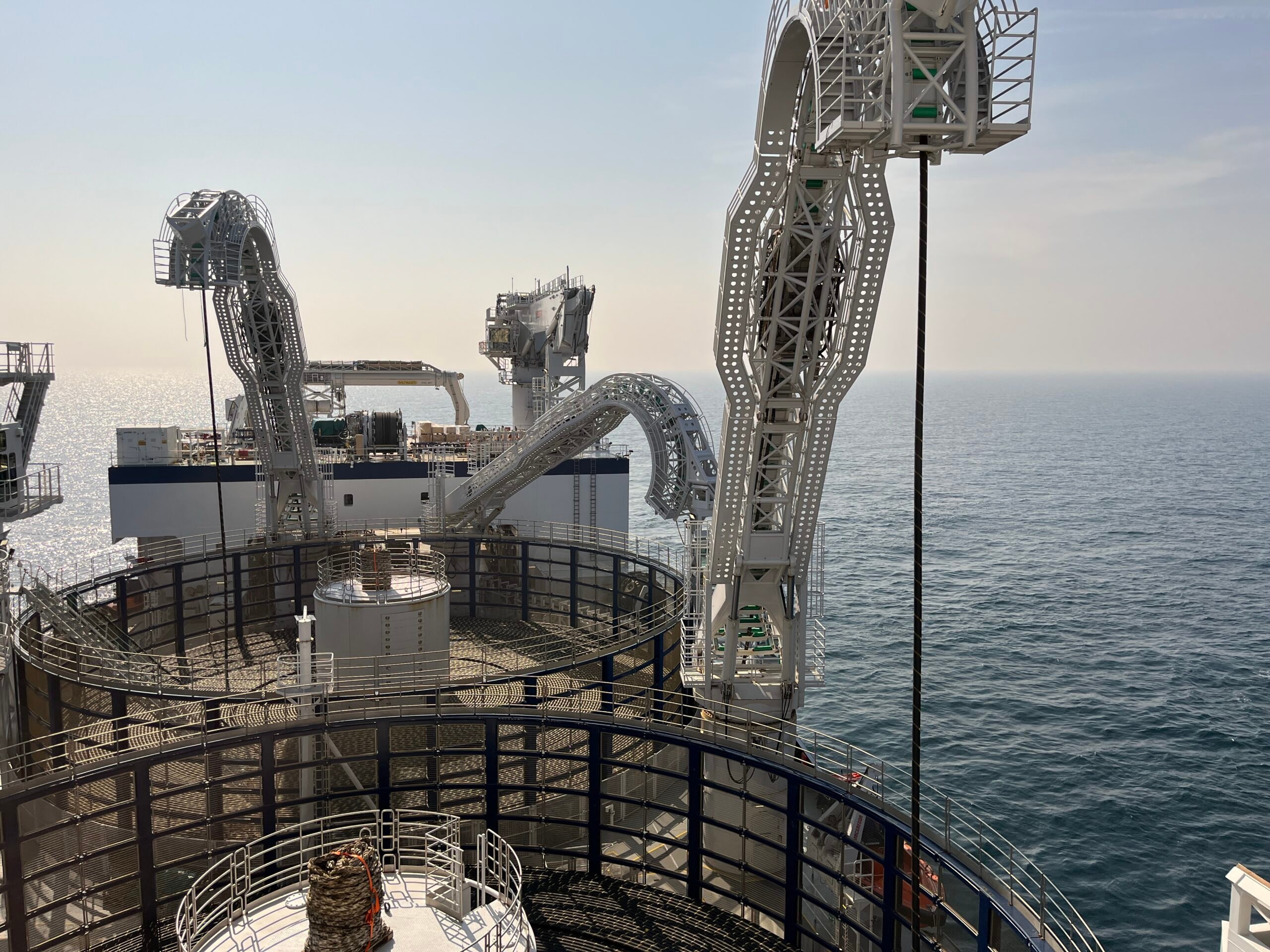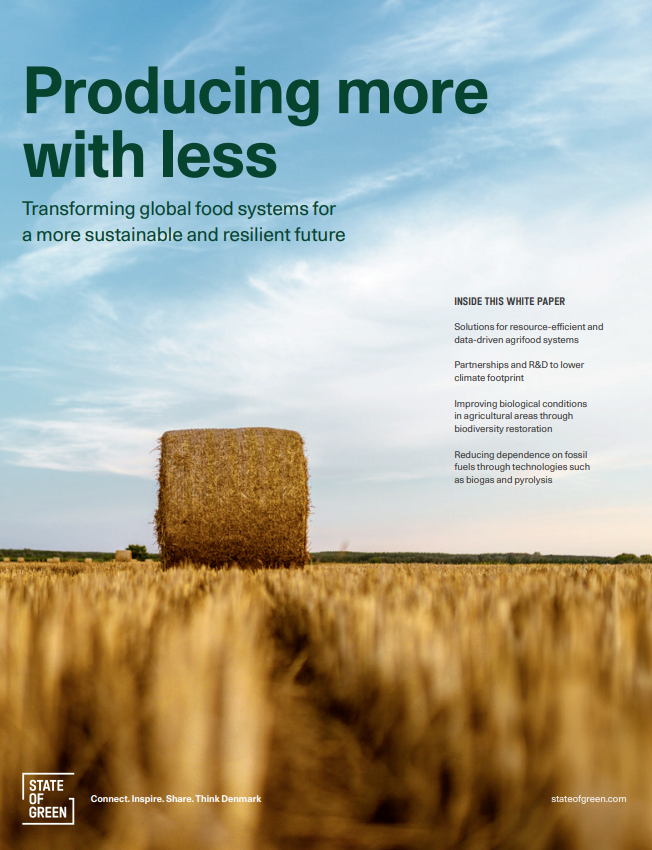News
Buildings
Energy storage
Living labs
+4
One year with large-scale battery in Copenhagen’s electricity grid


In February of last year, a large-scale battery was installed at Copenhagen’s Nordhavn, an urban development area functioning as a full-scale smart city energy lab as well as a modern residential and business quarter. The company responsible for the battery’s instalment, Radius, has learned a great deal in the year that has passed - knowledge that will prove useful for future energy optimisation and software solutions.
The battery is currently the largest battery to be installed in an urban environment in Denmark. The past year it has supplied electricity to approximately 60 households in the EnergyLab Nordhavn project - a project for developing and demonstrating future energy solutions. Radius’ involvement in the project is what made it possible for the company to examine how batteries might efficiently help to relieve grid congestion.
- Related news: Installation of Battery for Storing Surplus Energy at Nordhavn
Many experiences richer
- We have learned a great deal about battery management, and such knowledge is useful when planning new investments in the grid, says Knud Pedersen, the Chairman of Radius.
- For instance, we can examine scenarios for when we would normally invest in grid reinforcement. Doing so, we might be able to save money if batteries are able to defer the proper time for investments in grid reinforcement.
Radius will also examine the usefulness of mobile batteries that be placed exactly where power in the grid is needed.
Over the last few years, the price of batteries has dropped and Knud Pedersen emphasises that this development has to continue if the use of batteries to relieve grid congestion is to be cost-effective.
- Related news: Vestas and Northvolt Partner to Develop Battery Storage for Wind Energy
- Another one of our experiences has taught us that the battery’s own energy consumption is larger than anticipated. For the battery at Nordhavn, in particular, the challenges stem from cooling and ventilation, explains Knud Pedersen.
New software
Radius has also had to learn more about the workings of the grid, which is why the company has developed new software in the form of three IT-systems.
- With the first system, we can dimension the batteries according to a specific need to relieve the grid in a given geographical area. With the second system, we get another more precise projection for when in the upcoming 48 hours, there will be a need to relive a local grid. And finally, with the third system, we can analyse how precise our projections have been. This gives us with a clearer picture of how much battery capacity we actually need, says Knud Pedersen.
About EnergyLab Nordhavn
From 2015-2019 the project EnergyLab Nordhavn – New Urban Energy Infrastructures will develop and demonstrate future energy solutions. The project utilizes Copenhagen’s Nordhavn as a full-scale smart city energy lab and demonstrates how electricity and heating, energy-efficient buildings and electric transport can be integrated into an intelligent, flexible and optimized energy system.
The project participants are: DTU, City of Copenhagen, CPH City & Port Development, HOFOR, Radius, ABB, Danfoss, Balslev, CleanCharge, Glen Dimplex, METRO THERM and the PowerLab facilities. The project is supported by EUPD (Energy Technology Development and Demonstration Programme).
- Read more about EnergyLab Nordhavn here.
- Source: Energy Supply
You should consider reading
publications
Resource efficient production
+15















